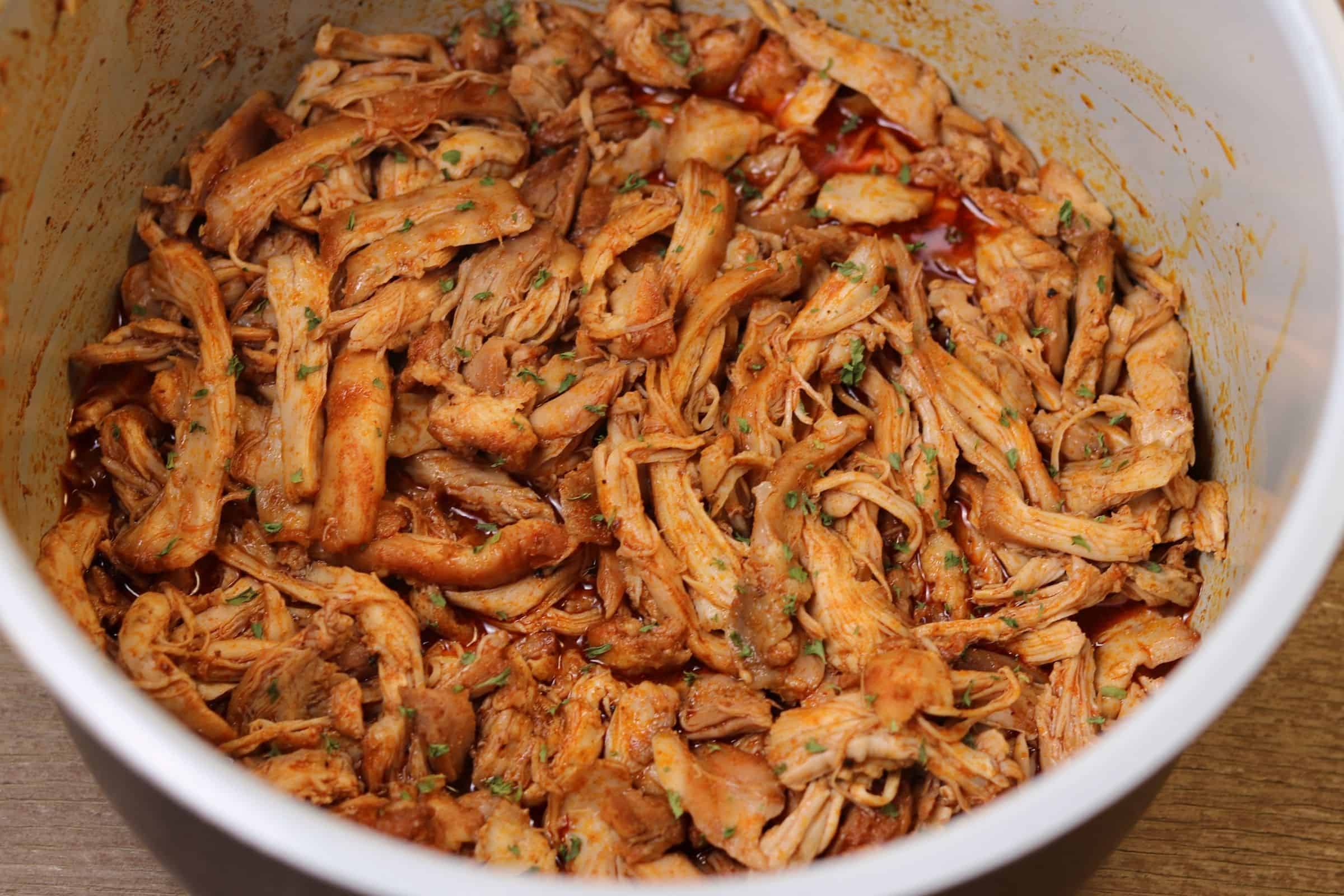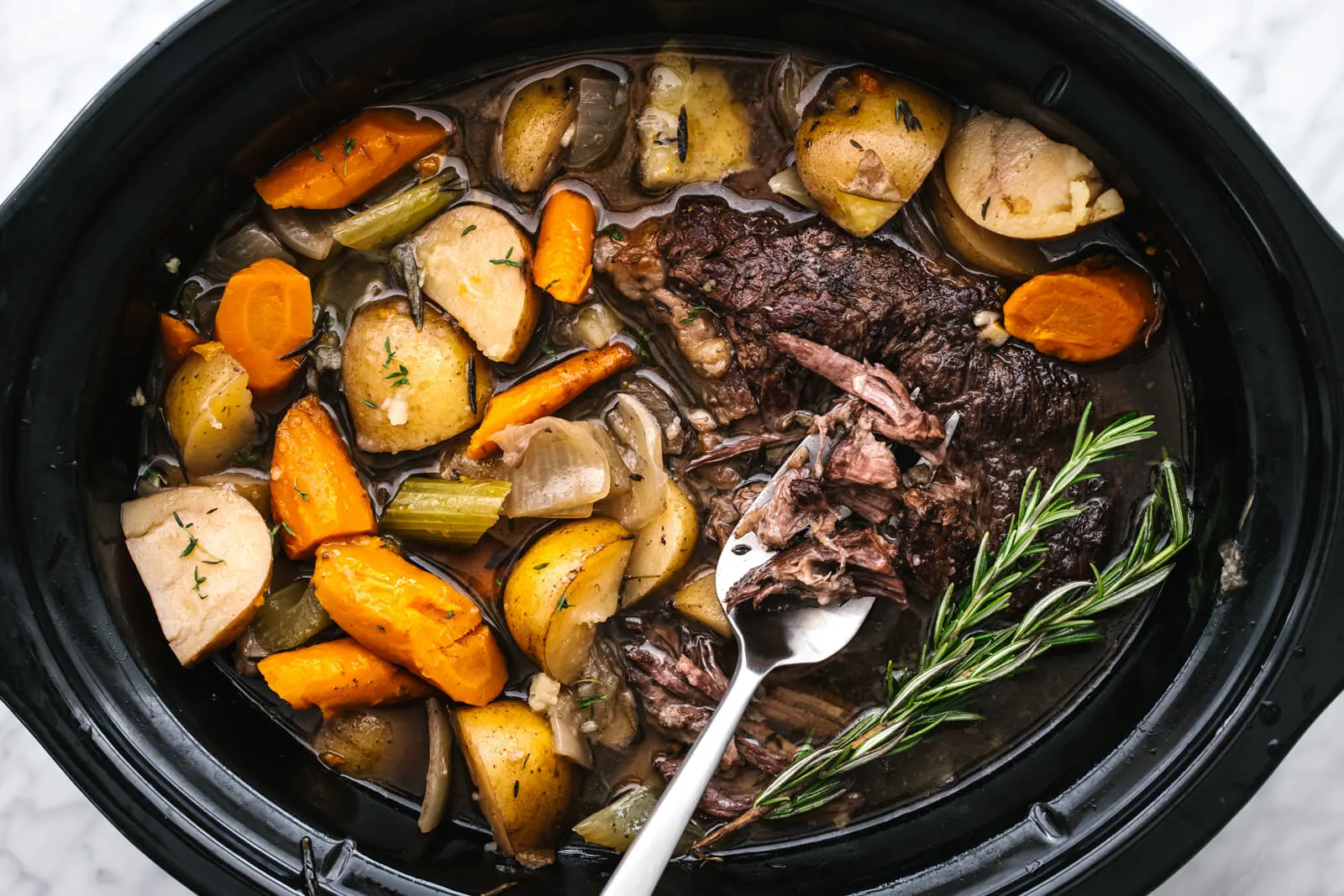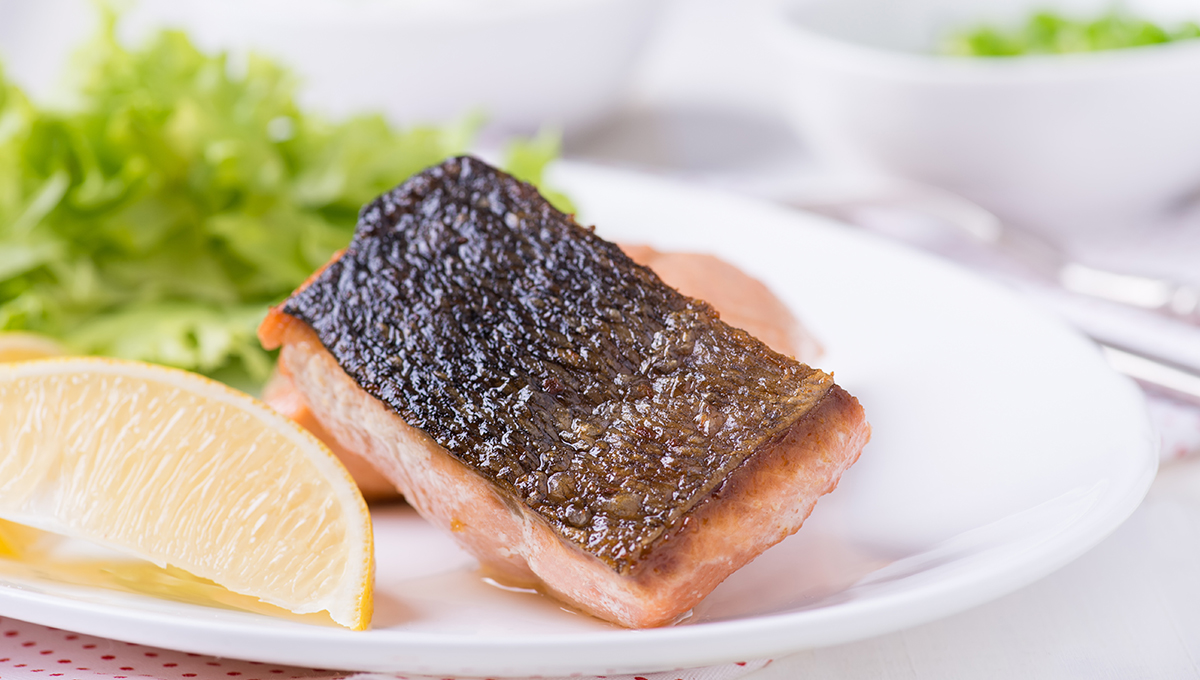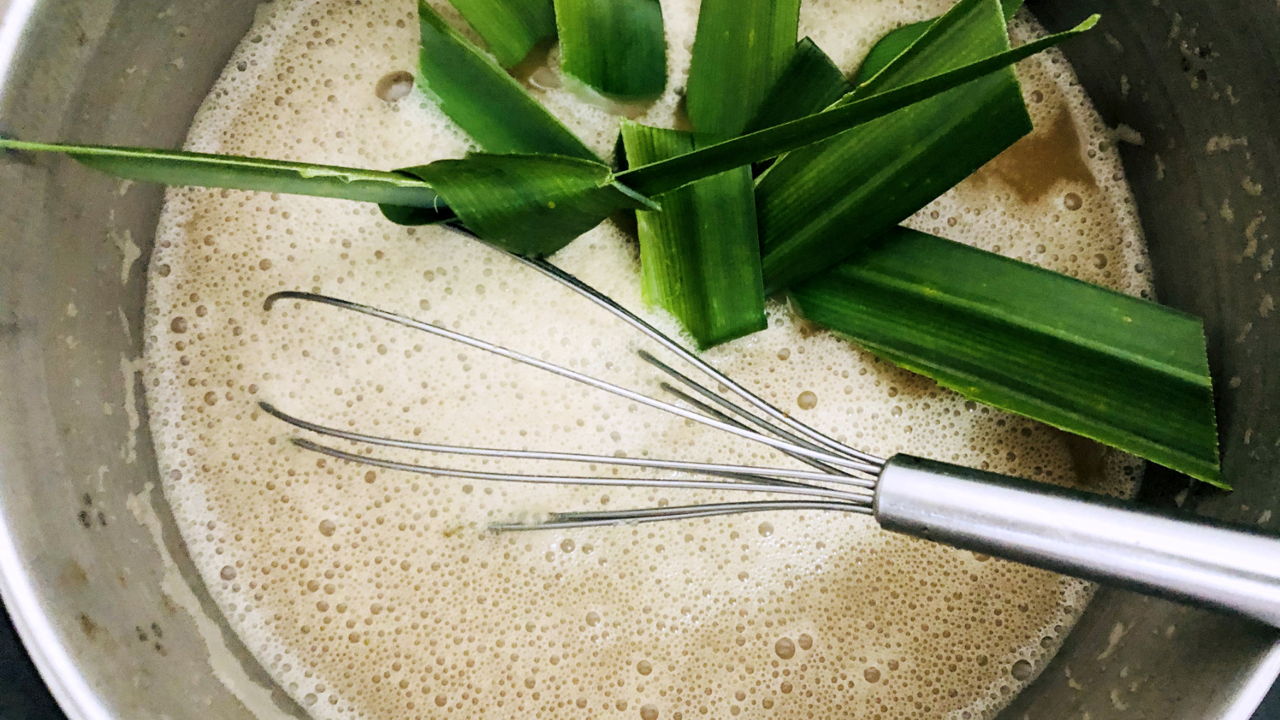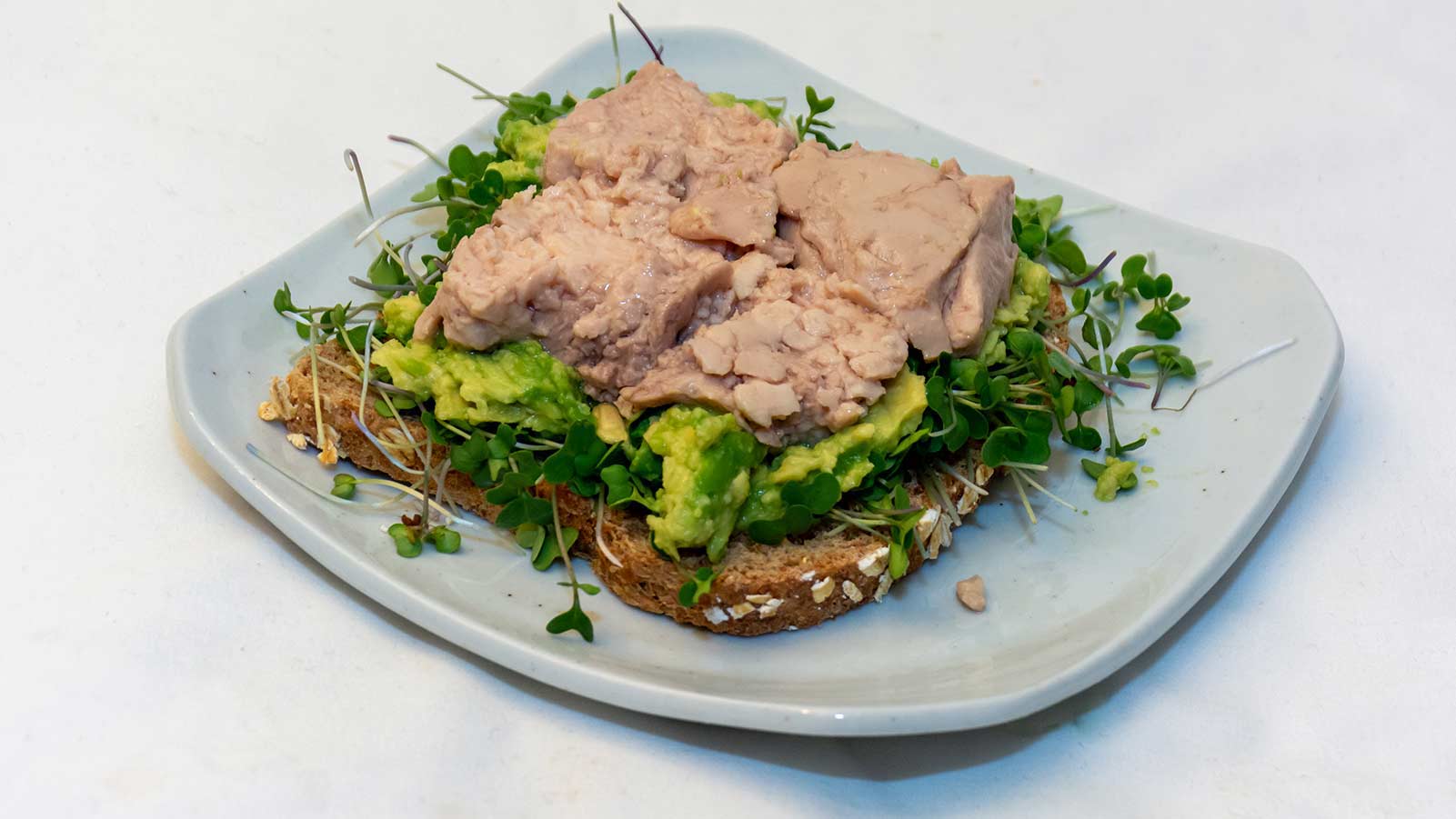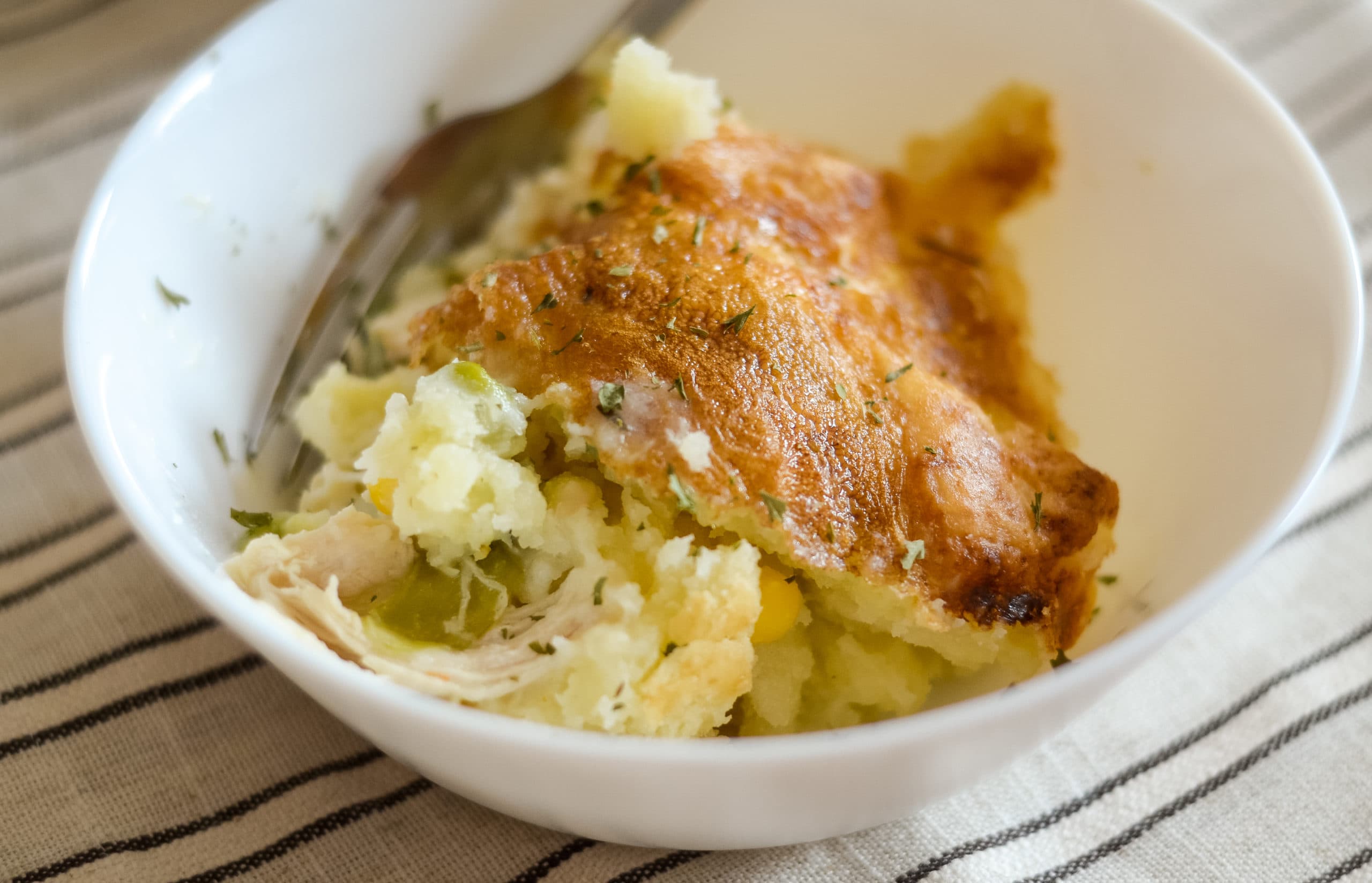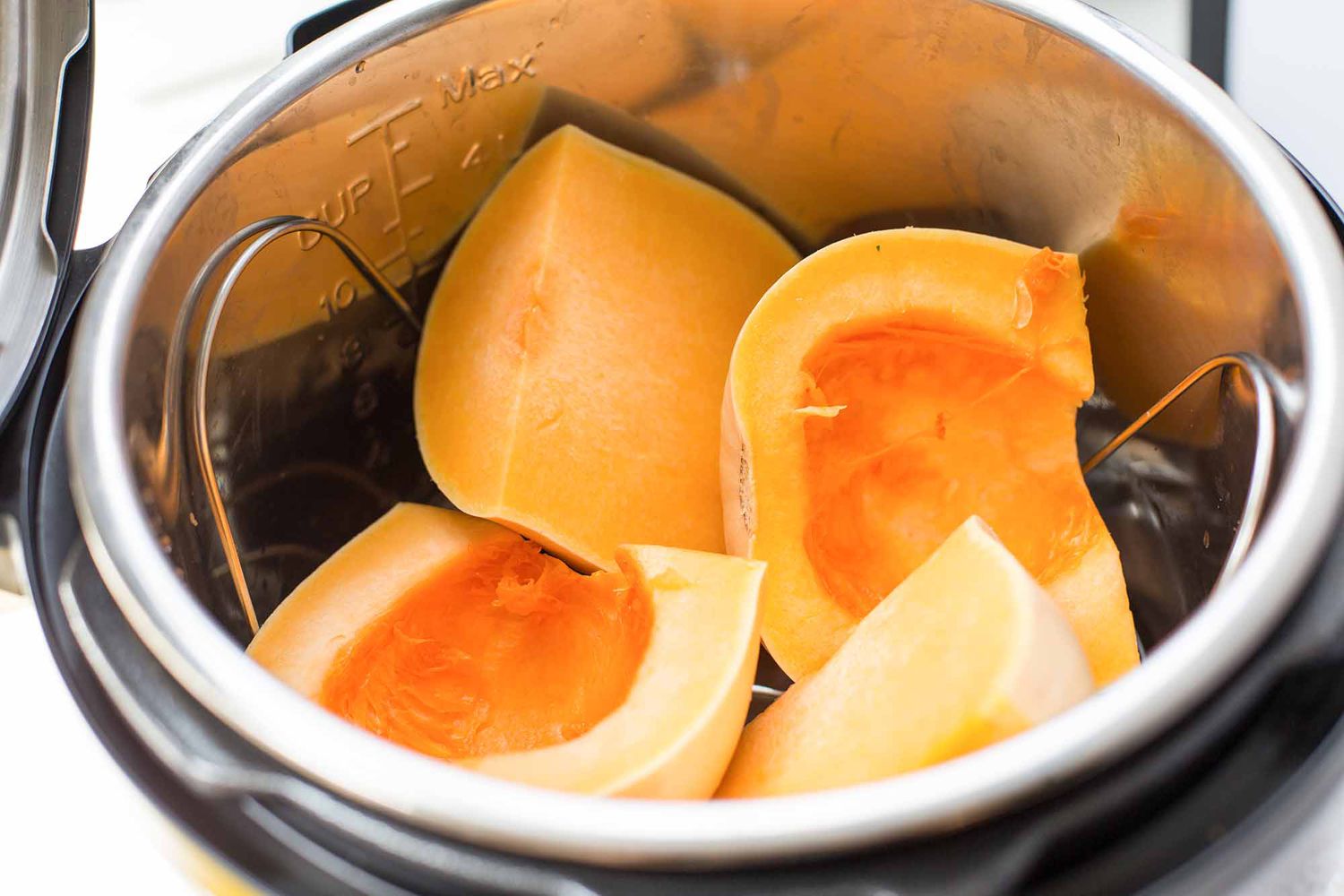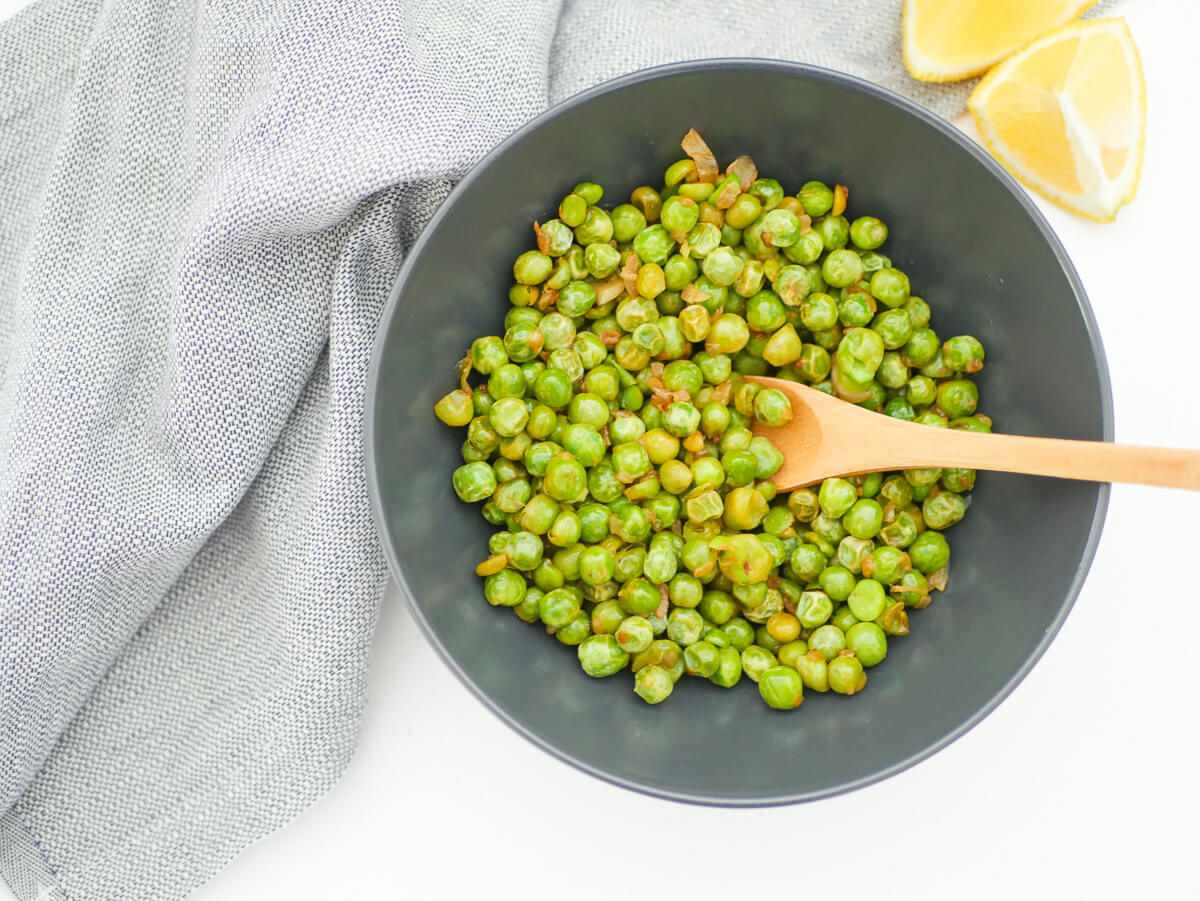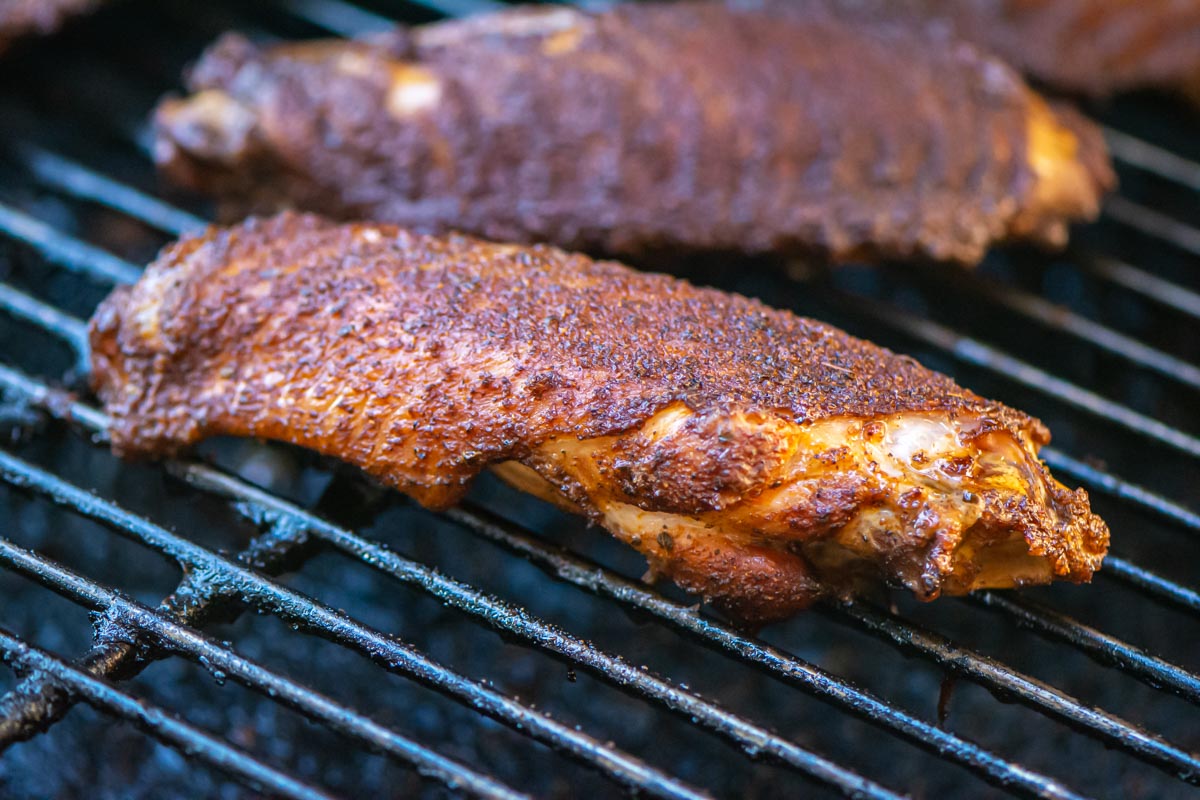The Benefits of Adding Kale to Your Dog’s Diet
As pet parents, we always strive to provide our furry friends with the best nutrition possible. And when it comes to leafy greens, kale is a true powerhouse! Not only is it packed with vitamins and minerals, but it can also be a wonderful addition to your four-legged friend’s diet. Here’s how you can cook kale for dogs and reap the benefits of this superfood:
1. Choose Fresh and Organic Kale
When preparing any food for your dog, it’s important to pick high-quality ingredients. Opt for fresh, organic kale to ensure that your pup gets the maximum nutritional value without any harmful pesticides or chemicals.
2. Wash Thoroughly
Before cooking the kale, make sure to wash it thoroughly to remove any dirt or residue. Dogs have sensitive digestive systems, and clean produce is essential to prevent any gastrointestinal issues.
3. Remove Stems and Tough Parts
Kale stems and tough parts can be difficult for dogs to chew and digest. To make it easier for your pup, strip the leaves from the stems and remove any hard or fibrous sections.
4. Steam or Boil
Now that you have cleaned and prepped the kale, it’s time to cook it. Steaming or boiling are recommended methods as they help retain the nutrients while making the kale more palatable for your dog.
5. Chop into Bite-Sized Pieces
Once the kale is cooked, allow it to cool down before chopping it into small, bite-sized pieces. This makes it easier for your dog to chew and swallow, reducing the risk of choking.
6. Serve in Moderation
While kale is incredibly nutritious, it is essential to remember that moderation is key. Introduce kale gradually into your dog’s diet and observe how they react. Excessive amounts may cause digestive upset, just like any other new food.
7. Mix with Your Dog’s Regular Food
To encourage your dog to eat kale, mix it in with their regular food. Whether it’s kibble or homemade meals, kale can be a great addition that boosts the overall nutritional content without drastically changing their diet.
Conclusion
Adding kale to your dog’s diet can have numerous benefits. From being a great source of vitamins A, C, and K to providing essential minerals and antioxidants, it’s no wonder kale is considered a superfood. Remember to consult your veterinarian before making any changes to your dog’s diet and always prioritize their individual needs. So go ahead and cook up some delectable kale for your four-legged companion – they’ll thank you for the delicious and nutritious treat!
Was this page helpful?
Read Next: How To Cook Minute Steak Roast In Oven
